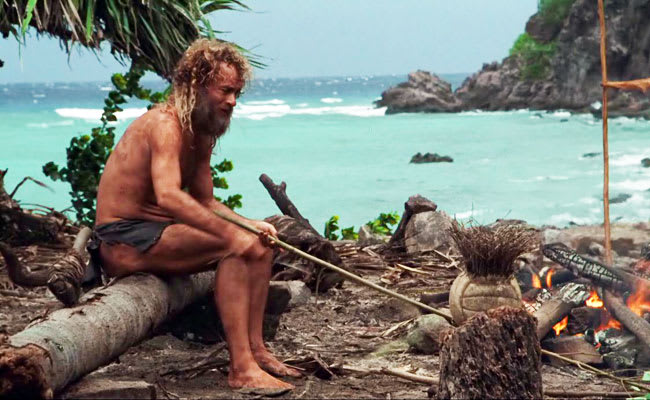Survival course: all you need to know
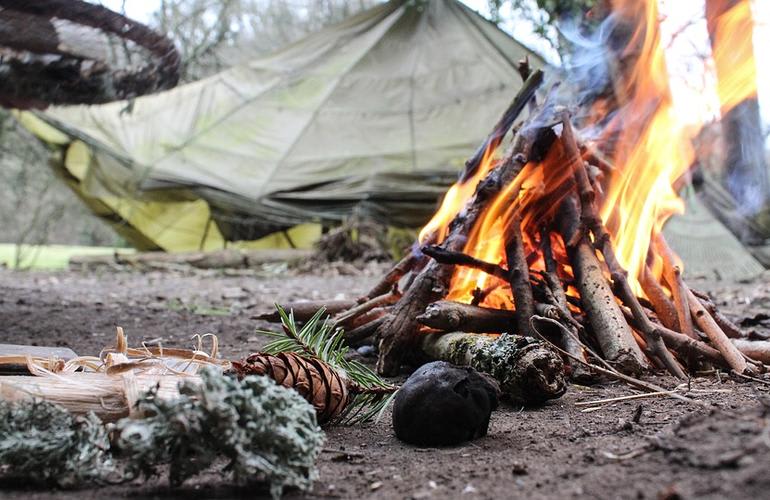
Some time ago, man lived in the woods and prospered in nature, then he invented concrete, electricity, the combustion engine, the internet... and everything went to hell. And now that we live between buildings and pollution, humans are nostalgic for those primitive times and want to go back to basics. As we have become slightly gentrified with our lifts, smartphones and all that, when we find ourselves in the forest, we think we are in a hostile environment and we now try to "survive"...
In principle, nature should not be our enemy, but we have to admit that when we find ourselves alone in the woods at night, we are a little less amused. And yet, it turns out that nature is rich enough for us to live in. When you see the explosion of TV programmes on the theme of survival in the wilderness (Koh Lanta, Survivor, The Island...) and the proliferation of agencies offering survival courses, you think that this concept is on the rise and that man feels the need to return to his roots. A return to your roots that does you a world of good and that can reveal the adventurer in you.
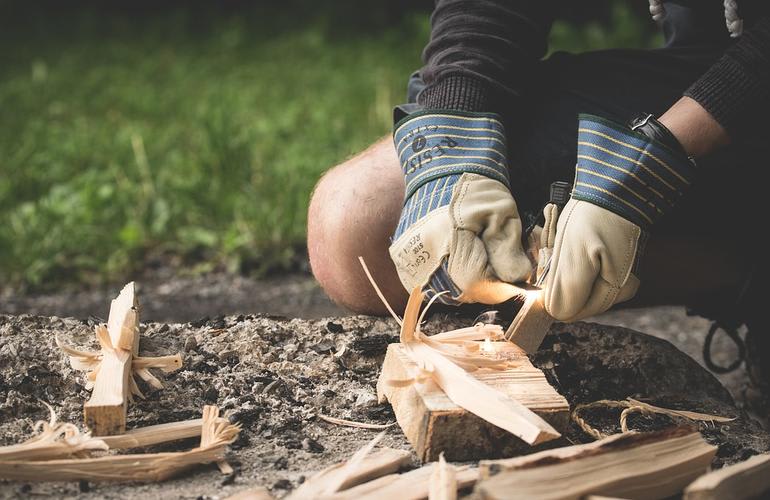
Making a fire, facing the elements, cohabiting with animals and insects, designing a hut... a whole lot of things you want to know how to do, even if you have a lighter, an insecticide and an Ikea right next door... At the same time, even if you've been living in the wild for a few million years, it's been a while since you got used to luxuries, and a fatal mistake can happen quickly. Drinking disgusting water with tadpoles in it, eating a poisonous mushroom or being bitten by a rabid bug, it can happen and it's better to be well informed before venturing into the unknown. Everyone dreams of being perfectly autonomous in the woods, knowing what to eat and drink, finding their way in the right direction, sleeping in a safe place and being the new Robinson, so here are some basic tips.
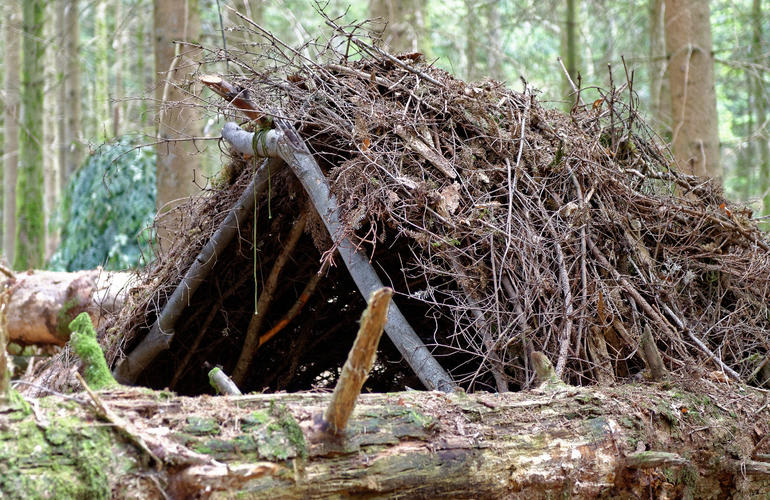
First of all, you leave the smartphone at home. There is no network in the forest, so rely on yourself. Take the minimum with you, i.e. a good knife, some string and that's about it. Imagine you are in the movie "Into the Wild" (except for the ending of course), you are back in the wild and your credit card is useless. In addition to learning to push your limits and weaknesses, the survival courses will teach you to :
- Identify edible plants and insects and therefore know how to feed safely. A good hint is that if you are dead, you should not have eaten it, otherwise, rely on your guide who has the experience and the right techniques to know if it is edible or not.
- Know how to fish in a river and hunt in the woods, to find something substantial to eat and cook (when you know how to make a fire).
- Hypothermia and the management of clothing, so as not to freeze to death, especially at night with the unforgiving humidity.
- Filtering water and being able to drink it without getting sick (by collecting rainwater before it hits the ground for example, but there are other tricks like tablets that sanitise the liquid for example).
- Know first aid and heal yourself in case of a boo-boo (or sew yourself up like Rambo).
- Making a fire, without matches, with just dry pieces of wood or a flint and a lot of elbow grease. And without making a forest fire if possible...
- Orient yourself without a compass or GPS, by looking at the sun (it rises in the east and sets in the west, but it's not complicated...).
- Build a shelter (the knife is your friend) but it is recommended that you make a hole in the ground near a tree for protection.
- Know the time without a watch (at noon the sun is right above you...), otherwise when you place your hands horizontally between the sun and the horizon, a palm is equivalent to an hour and a finger to about a quarter of an hour, so all that's left is to count.
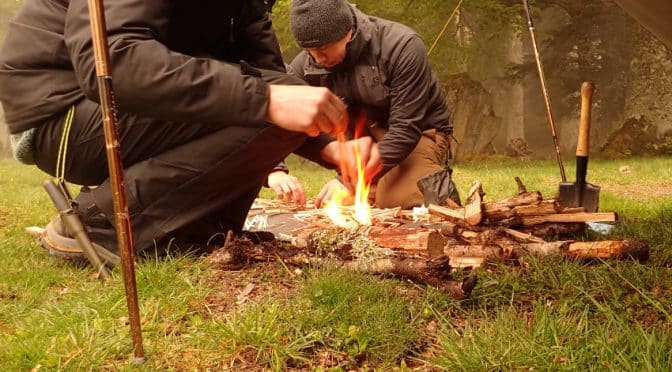
That's a lot of stuff that could help you if the robots suddenly decide to take over the city and the surviving humans are forced to flee into the forest. Yes, this is probably a science fiction scenario but you never know. The movie "Alone in the World" with Tom Hanks or the series "Lost " are stories that could happen so it's better to be trained just in case. You can also learn Bushcraft, the art of living in the woods with primitive or ancestral tools and techniques for a simpler and more original approach to nature. For the toughest, there are also "extreme cold" survival courses in icy environments, in case all this isn't intense enough for you. A little snow and sub-zero temperatures will do you a world of good. So if the life of a trapper or a lumberjack makes you dream, try this original activity and you'll come out of it stronger, that is if you come back from it of course. Don't move Mike Horn, we're coming!
